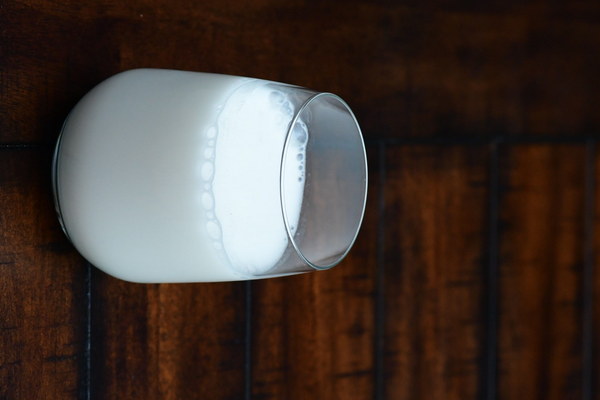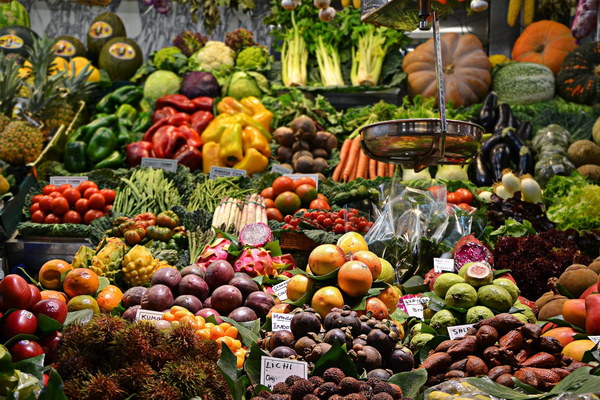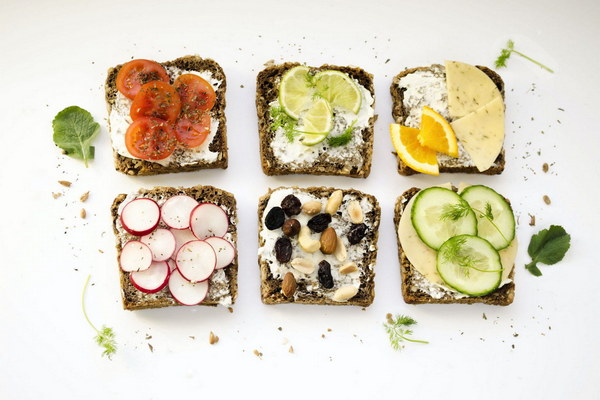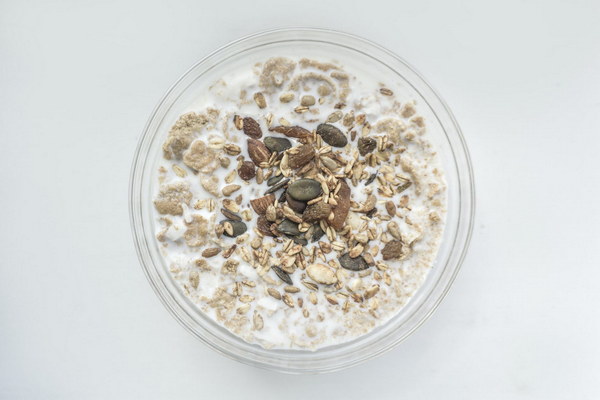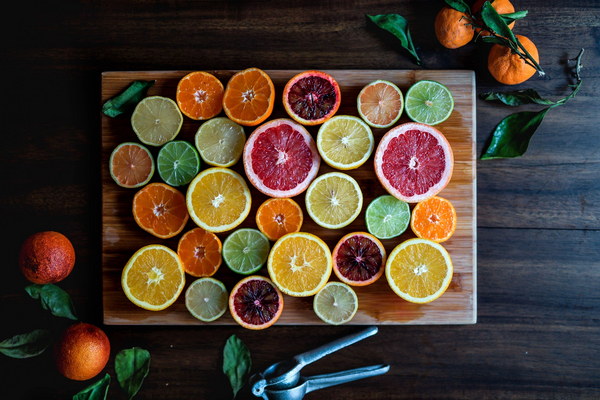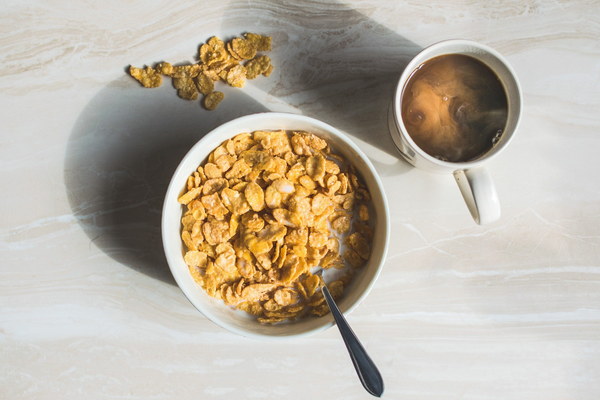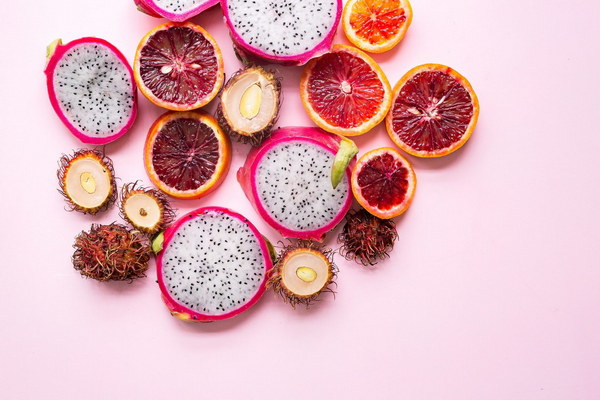Fueling Fitness A Tailored Athlete's Diet Plan for Peak Performance
Fueling Fitness: A Tailored Athlete's Diet Plan for Peak Performance
In the world of sports, the phrase you are what you eat takes on a whole new meaning. For athletes, their diet is not just about sustenance; it's a strategic plan to enhance performance, recovery, and overall well-being. This article delves into a customized three-meal diet plan designed to fuel the body of an athlete, ensuring they are at their peak during training and competition.
Morning Breakfast: The Energy Kickstart
The first meal of the day is crucial for athletes, as it provides the necessary energy to kickstart their day and prepare their bodies for the demands of training. A balanced breakfast should include a mix of carbohydrates, protein, and healthy fats.
- Oatmeal with Berries and Nuts: Oats are an excellent source of slow-releasing carbohydrates, which help maintain energy levels throughout the morning. Berries are rich in antioxidants and fiber, while nuts provide healthy fats and protein.
- Greek Yogurt and Honey: Greek yogurt is packed with protein, which aids muscle recovery and growth. Adding a drizzle of honey provides an instant energy boost.
- Green Tea: A cup of green tea not only hydrates the body but also contains antioxidants that can help improve endurance.
Midday Lunch: The Performance Fuel
Lunch is the main meal of the day for athletes, providing the energy needed for afternoon training sessions. It should be rich in protein, complex carbohydrates, and essential nutrients.
- Grilled Chicken Salad: Grilled chicken is an excellent source of lean protein, essential for muscle repair and growth. Incorporate a variety of vegetables like lettuce, tomatoes, cucumbers, and bell peppers to ensure a mix of vitamins and minerals.
- Quinoa: This ancient grain is a complete protein and provides a good source of fiber, which helps in digestion and keeps energy levels stable.
- Avocado: Avocado is a healthy fat that aids in the absorption of fat-soluble vitamins and provides a rich source of energy.
Evening Dinner: The Recovery Meal
Dinner is focused on recovery, providing the necessary nutrients to repair and rebuild muscles after a day of intense training. It should be rich in protein and low in heavy carbohydrates.
- Baked Salmon: Salmon is an excellent source of omega-3 fatty acids, which have anti-inflammatory properties and aid in muscle recovery.
- Sweet Potato: Sweet potatoes are a good source of complex carbohydrates and beta-carotene, which can improve overall health and enhance recovery.

- Steam-Cooked Vegetables: Vegetables like broccoli, carrots, and spinach provide essential vitamins and minerals, while also helping to keep the digestive system healthy.
Snacking Strategies: Keeping Energy Levels Consistent
Between meals, athletes should focus on snacking on nutrient-dense foods that provide a steady stream of energy.
- Bananas: Bananas are an excellent source of potassium, which helps regulate muscle function and prevent cramping.
- Almonds: Almonds are a great source of healthy fats, protein, and fiber, making them an ideal snack for athletes.
- Hummus and Carrot Sticks: This combination provides a good balance of protein and carbohydrates, making it an excellent snack for pre-training or competition.
Conclusion
A well-planned diet is an essential component of an athlete's training regimen. By focusing on a balanced intake of carbohydrates, proteins, and healthy fats, athletes can optimize their performance, enhance recovery, and maintain overall health. This tailored three-meal diet plan is a starting point for athletes looking to fuel their bodies for peak performance. Remember, individual needs may vary, so it's important to consult with a nutritionist or dietitian to create a personalized plan that works for you.
